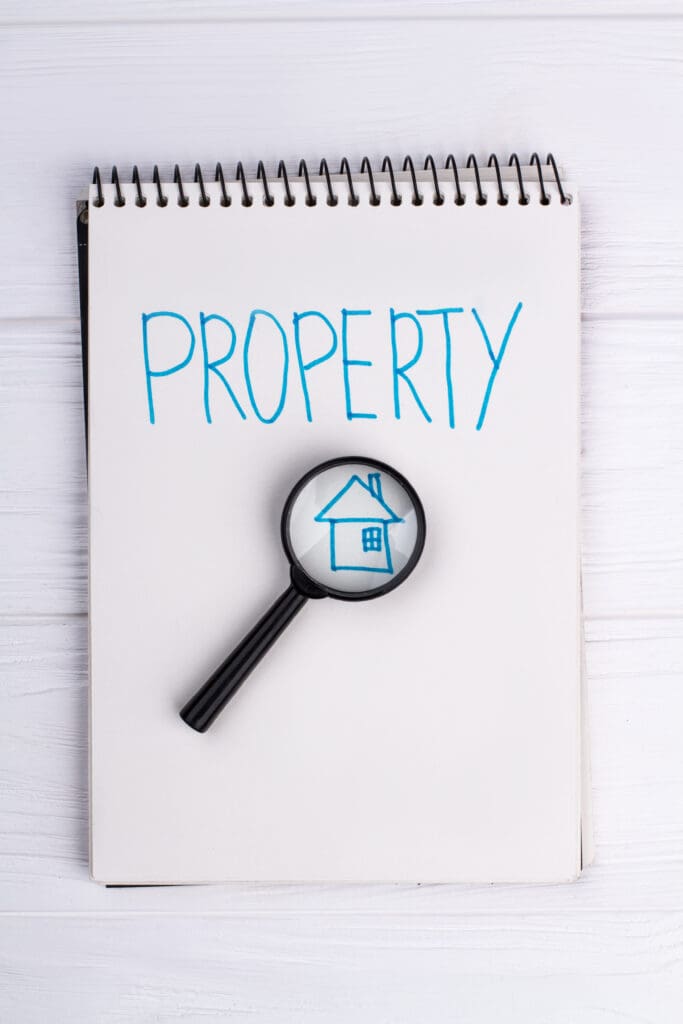Are you in the market to buy a new home? Understanding the home appraisal process is crucial for a successful and stress-free experience. In this blog post, we’ll break down the key aspects of the appraisal process, helping you make informed decisions when purchasing your dream home.
The Importance of Home Appraisal
Before delving into the details of the appraisal process, let’s understand why it’s such a critical step in the home buying journey. A home appraisal is an unbiased assessment of a property’s value conducted by a certified appraiser. The outcome of this evaluation has a significant impact on various aspects of your real estate transaction, including:
- Determining the Property’s Market Value: The appraiser’s report provides an estimate of the property’s current market value, ensuring you’re not overpaying.
- Mortgage Approval: Lenders use the appraisal to assess whether the property’s value justifies the loan amount requested by the buyer.
- Negotiation Leverage: If the appraisal comes in lower than the purchase price, you may have the opportunity to renegotiate with the seller.
- Property Condition: The appraisal may uncover issues that require repairs or improvements before closing the deal.
The Home Appraisal Process

Now, let’s dive into the home appraisal process step by step:
1. Contacting an Appraiser
Once you’re under contract to buy a home, your lender will typically select a certified appraiser to evaluate the property. You may be responsible for the appraisal fee, which can range from $300 to $500 on average.
2. Property Inspection
The appraiser will visit the property to assess its condition, size, features, and location. They will also consider recent sales of comparable properties in the area to determine your home’s value.
3. Data Analysis
After gathering all the necessary information, the appraiser will analyze the data and prepare a comprehensive report. This report will include details about the property, the methodology used for valuation, and any factors that may affect its value.
4. Final Appraisal Report
The appraiser’s final report will be shared with you, your lender, and the seller. It’s essential to review the report carefully to ensure accuracy and address any discrepancies or concerns.
5. Potential Outcomes
Depending on the appraisal results, a few scenarios can unfold:
- If the appraisal matches or exceeds the purchase price, the transaction can proceed as planned.
- If the appraisal comes in lower than expected, you may need to renegotiate the price with the seller, make a larger down payment, or explore alternative financing options. Be sure to consult with your real estate during this process to secure the best deal.
- In cases of severe discrepancies or property issues, the deal may fall through.
In conclusion, a thorough understanding of the home appraisal process is crucial for any homebuyer. It impacts the financial aspects of your purchase and ensures you’re making a sound investment.
By following these steps and being aware of potential outcomes, you can navigate the home appraisal process with confidence and make informed decisions. Remember, knowledge is power when it comes to buying a home!
#HomeAppraisal #HomebuyingTips #RealEstate #PropertyValue #MortgageApproval #PropertyInspection
